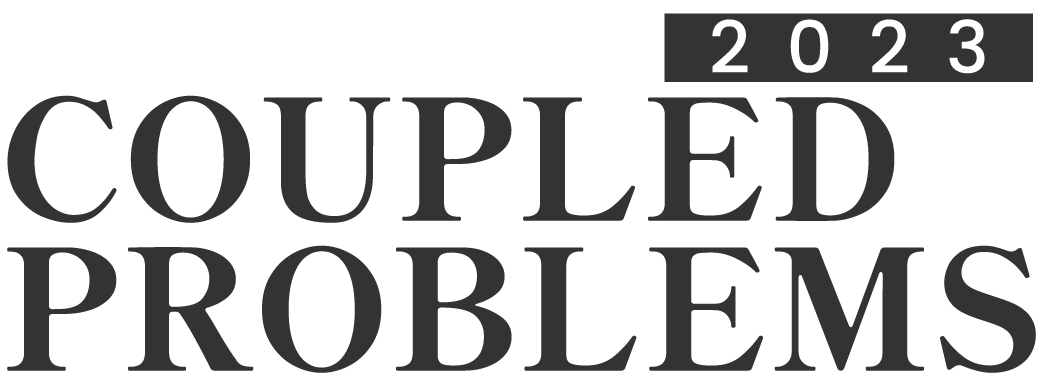

Multi-scale modeling of thermo-mechanically coupled processes in granular materials
Please login to view abstract download link
Modeling multi-physical processes in granular materials by simulating the grains individually is computationally demanding. Nevertheless, granular material behavior is unique in the varying length and/or time scales. This has largely motivated the multi-scale approach where models at various scales are combined. This work presents a novel multi-scale thermal modeling to couple particulate systems with solid media using the discrete element method (DEM) and the finite element method (FEM). Based on a micro-macro transition technique called “coarse-graining” (CG) [1], we derive coupling terms in more generalized forms than those reported in the literature. For surface coupling [2], CG allows distributing the coupling forces or fluxes beyond the finite elements that the particles are locally coupled with. For volume coupling [2], CG is applied to enrich the homogenization/localization operations on particle-scale quantities with a spatial smoothing kernel that can be problem dependent. The capability of the multi-physical coupling framework is demonstrated using two numerical examples, namely (1) heated particles impacting and moving on an elastic cantilever, and (3) a particle-continuum coupled beam where unsteady heat transfer occurs, thereby displacing the discrete particles as well as the finite elements. We compare the numerical results with analytical solutions and investigate the effects of CG smoothing lengths on the conservation of momentum and energy.

